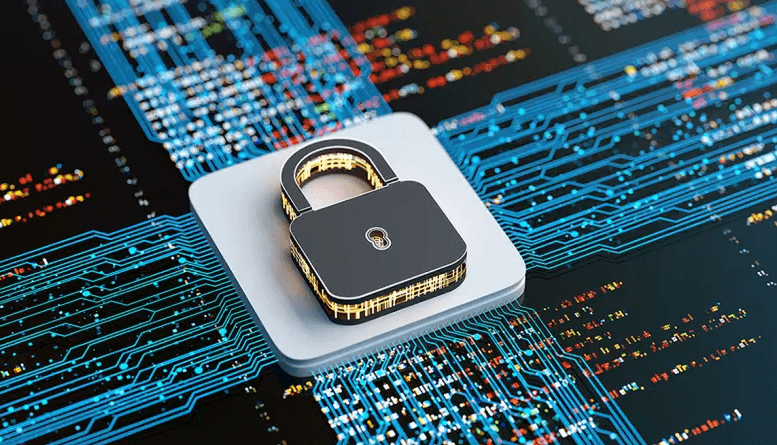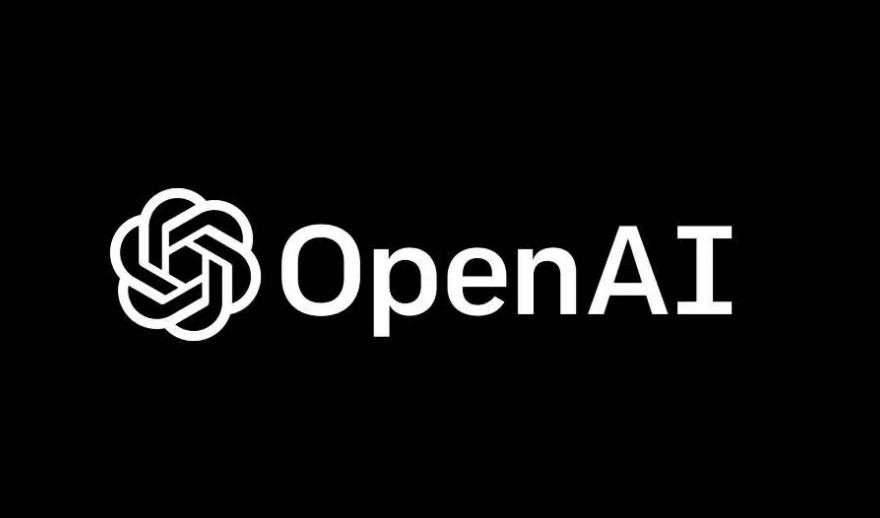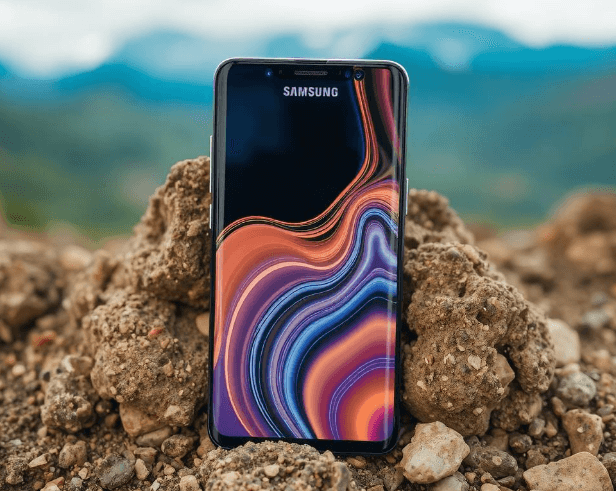As we plow headlong into the age of artificial intelligence, there is a uncomfortable fact that we can’t escape: the same digital economy that powered AI now threatens the foundations of our democracy.
From AI-fueled disinformation to widespread job replacement and everyday erosion of privacy, the dangers are piling up.
International surveys regularly place disinformation at the top of threats. Millions of people fear they will lose jobs to automation. And as the power of AI systems increases, our personal data is being abused in ways we can hardly monitor or understand.
Meanwhile, regulation is splintered globally. Europe leans toward restraint. America focuses on innovation. China reaffirms the power of the state. The outcome? Patchwork regulations and risky holes in regulation—just the kind of uncertainty AI thrives on.
But buried amid this disarray is a surprisingly lovely solution: reclaiming ownership of our own data
The Digital Economy Is at a Turning Point
For decades, the internet has existed on a simple trade: “Your data for our services.” Personal data was harvested by technology giants to build ad giants, with users gaining free access to platforms and applications. That model is beginning to break down.
Privacy issues are on the rise. Regulators are turning up the heat. And significant changes—such as Apple’s App Tracking Transparency feature, which took an estimated $10 billion from Meta in 2022—are making targeted advertising less profitable and less effective.
It’s time for a new digital economy—one centered on personal data sovereignty.
What Is Personal Data Sovereignty?
Sovereignty over personal data brings power back to individuals. Instead of your data split between apps, banks, health monitors, and email providers, envision a secure personal vault that you own. Companies and services would need to request your permission to access specific chunks of your data—on your terms, for a limited time.
This isn’t some utopian vision of the future. It’s already happening.
Tim Berners-Lee (yes, the web’s inventor) is developing Solid, a project that allows individuals to store their information in private “pods.”
Singapore and Finnish governments are testing data ownership models
The European Union’s Data Act is preparing the ground for user-driven data sharing across industries.
But data ownership alone is insufficient. We need to give data context—a semantic layer that tells AI systems not just what data is, but how it can be used.
As your birthday, where you reside, or what you like is tagged with standard metadata, AI systems can deal with them responsibly, respecting your boundaries and use rights. Ownership + context—this is the foundation for more secure, ethical AI.
Why This Matters More Than Ever
Personal data sovereignty can reinvent not just privacy law, but the entire digital economy:
- Combat Misinformation: AI could verify claims against reliable sources, holding back the spread of misinformation.
- Reduce Bias: With improved context, AI systems can make more accurate, well-informed decisions.
- Create New Professions: As people make money off their information, new professions will emerge—data integrity and provenance specialists—to ensure accuracy and quality.
- Build Better Businesses: Companies that work with users, not manipulate them, will build long-term trust and competitive advantage.
Most importantly, this model empowers the people. In the age of AI, we don’t need to be passive data subjects or algorithmic lab rats. We can be active users of a more equal, more open digital economy.
The Tools Are Here. The Momentum Is Building
The technology is ready. Policy change is underway. What we need now is collective will—among consumers, companies, and governments—to alter the paradigm.
We have a choice: continue down the path of unchecked surveillance and exploitation, or forge a more human approach where we’re in control of our data, and our destiny.
Because in an AI age, personal data sovereignty might just be our greatest shield—and greatest chance.







Leave a Reply